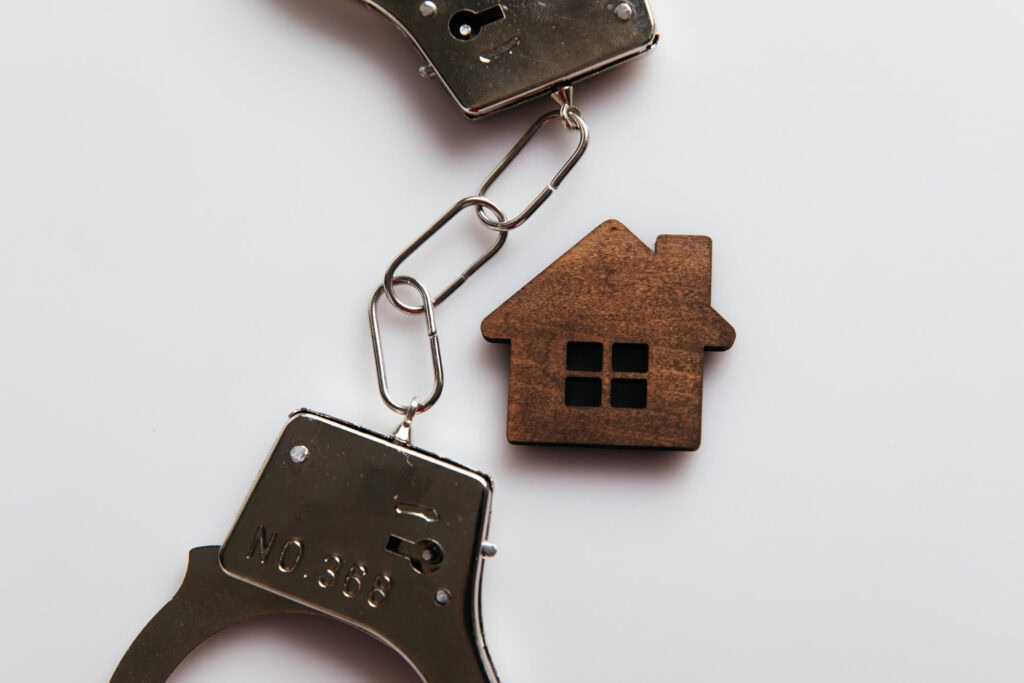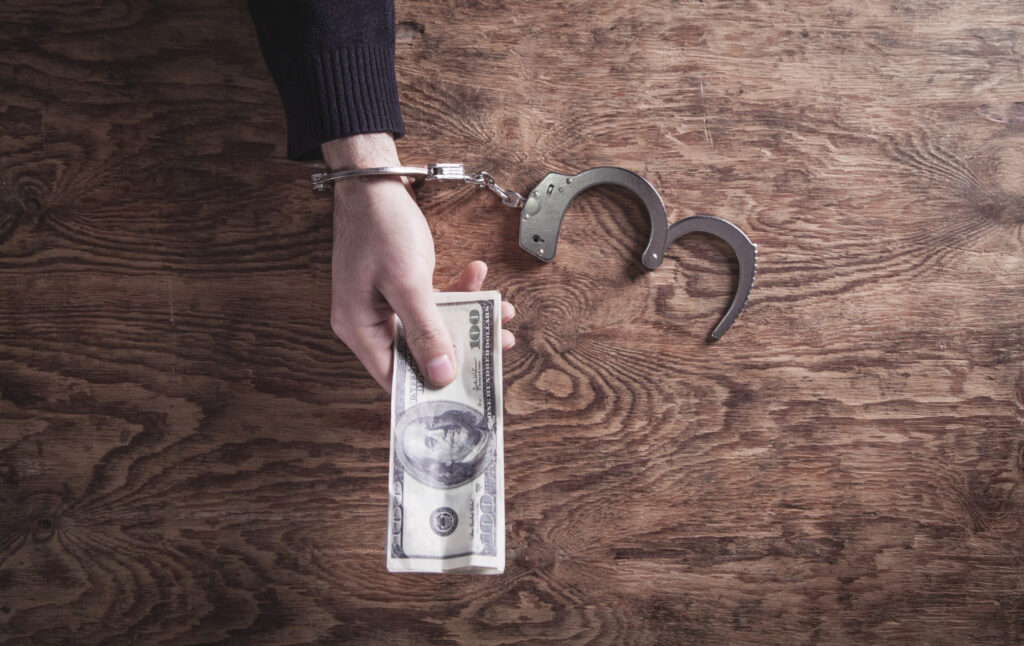A petty theft charge is no small matter. The charges can lead to time in front of a judge and the crime listed on a background check. This article discusses the definition of petty theft as well as what a person can do if charged with the crime.
What is petty theft?
Petty theft is the taking and keeping of property belonging to someone else without the owner’s permission or consent.
The property was not removed from someone’s person or a retail location. The value of such property is less than $950.00, and the property itself is not a vehicle or firearm.
For example, a person, who intentionally takes someone else’s $20.00 USB drive that was resting on a table without permission from the owner.
Petty Theft vs Shoplifting
Petty theft and shoplifting are similar in nature since both crimes require the theft of an object of up to $950.00 without the owner’s consent. Both crimes also require that the object is taken from a place that is not on the owner’s person.
The main difference between these two crimes is that shoplifting is theft from a retail store while petty theft is theft from a non-retail store.
Laws, Penalties, and Fines
CA Penal Code § 490 pc provides the penalty for petty theft which is a fine of up to $1,000.00 and/or up to six months in jail. The crime is considered to be a misdemeanor.
Can petty theft charges be dropped?
In our article titled, “Want to Drop Charges In California? – Ask A Defense Attorney”. we reviewed how the prosecution can drop criminal charges against the defendant. The victim can help to influence this decision, but it is up to the prosecutor to make the final call.
However, there are certain circumstances in which the prosecutor will drop the criminal charges.
- Evidence – The defendant brings proof to the prosecutor that they could not have been the one to commit the petty theft. The prosecutor will review the evidence, and based on such, will determine whether to drop the charges.
- Pretrial Diversion – After pleading guilty to the petty theft charge, the defendant is required to participate in a program where they must meet certain criteria in order to complete the program. Such criteria can include community service, paying a fine, and/or attending a mental health program.
- Plea Bargain – A plea bargain is when the defendant requests to be charged with a lesser crime in order to not be penalized with a more severe sentence. This is discussed in tandem with the prosecutor. In the case of a petty theft charge, the defendant may be able to receive an infraction rather than a criminal offense.
What are some legal defenses one can make if charged with petty theft?
- It was an accident/by mistake. Let’s say that you grabbed the wrong backpack or phone as you were leaving the library. Mistakes happen. If the victim chooses to pursue criminal charges, you have the right to claim that you did not intend to commit petty theft.
- Miscommunication. Let’s say you were asked to take your neighbor’s plant to your house while they fumigated their home. You are walking home with the plant when a third party sees you taking the neighbor’s plant. Since the third party is not aware of your arrangement with the neighbor, the third party calls the police. You can claim that you had the permission of the owners to take the plant to your house.
Will petty theft show on a background check?
Yes. A petty theft conviction will show up on a background check.
Employers hire people they can trust, and a petty theft conviction does not scream “trust me” due to the nature of the crime. In order to get it removed from a background check, file to have it expunged. Our article, “Expungement in California – How to Clear Criminal Records” details how to expunge one’s record.
The first step is to pay any fines and serve any required jail time before taking the steps toward filing for expungement. An attorney can assist you in this process.










